JournalismPakistan.com | Published September 30, 2014
Join our WhatsApp channel
ISLAMABAD: Internet abuse of women in Pakistan is triggering real world violence against them, but large social media companies, such as Facebook and Twitter, are moving too slowly to stop it, internet rights group Bytes for All said.
Women face online threats globally, but they run a unique risk in Pakistan, where there is a tradition of men killing women seen as having injured a family's honor, besides punitive laws against blasphemy.
With law enforcement too weak to fight the violence sparked by online campaigns, activists want giant internet firms to roll out greater protection for users, from streamlining how they tackle complaints to faster action against threats of violence.
"These technologies are helping to increase violence against women, not just mirroring it," said Gul Bukhari of Bytes for All, and the author of a report released this week as Pakistan experiences a surge in sectarian hatred, attacks on minorities and blasphemy quarrels.
"A lot of the crime we are witnessing would not have been possible without the use of these technologies."
There have been more than 170 complaints of cybercrime against women this year in Pakistan's most populous province of Punjab, the Federal Investigation Agency says. No figures were available for the remaining three provinces.
None of the cases was successfully prosecuted because women usually reached a compromise with the suspect, said Syed Shahid Hassan, an official with the cybercrime office in Lahore, where 30 employees work full-time.
Since police rarely act when women are harassed online, few cases are reported, activists say.
About 32 million of Pakistan's 180 million people use the Internet, the group said in its report, mainly on mobile telephones. About 12 million are on Facebook and some 2 million use Twitter, domestic media say.
In one case documented by Bytes for All, an online hate campaign last year urging the rape and murder of a prominent human rights defender culminated in shots being fired at the woman and her husband.
She received hundreds of threats and the addresses of her family were posted online, along with pictures of her and her daughter.
"She suffered nightmares of being raped, of family members being harmed because of her," the group said.
Facebook took down the pages, but had to do so again when they were posted by a different user, the group said, and Twitter took a month to deal with her complaint.
Twitter declined to comment on specific cases but says it took tough steps last year to protect privacy and tackle abuse. Facebook is "passionate" about protecting users, says its content policy director Monika Bickert, who formerly worked at the U.S. Justice Department to target sex traffickers and crimes against children.
"My background has given me an appreciation of how serious this issue is," Bickert said.
But the woman is unlikely to get justice, as police have lost all the evidence, and the sole witness has died.
In another case that spotlights the limitations of Pakistan's police, a 14-year-old girl was blackmailed into submitting to repeated gang rapes after her boyfriend threatened to post online a video he had secretly shot of the two together.
The slight, shy girl told Reuters she was too ashamed to tell her family and gave into her abuser's demands.
Bukhari's investigation showed police got the girl's age wrong and did not charge her abusers with statutory rape.
"She's 18," one police officer told Reuters, but admitted he had not looked at school records to ascertain her age or searched for evidence of the abuse online.
Though the case is nearly two years old, authorities have not asked Facebook for evidence, the girl's lawyer said. The site said it would investigate if the rape video proved to have been posted on its pages.
Twitter and Facebook had made it easier to report abuse but more needs to be done, said Bukhari.
"The companies are responding a bit better to women in the West," she said. "But voices in other countries are not being heard with as much seriousness and that puts women in danger." - Reuters
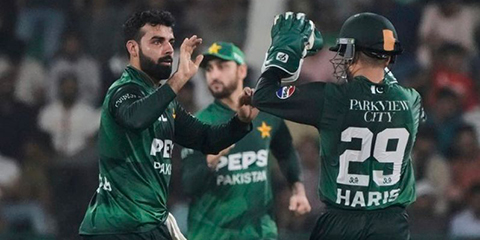
June 11, 2025: Pakistan celebrated a narrow win over Bangladesh, but beneath the jubilation lies a deeper crisis—from sidelined veterans to a collapsing domestic structure—signaling an urgent need for cricket reform.
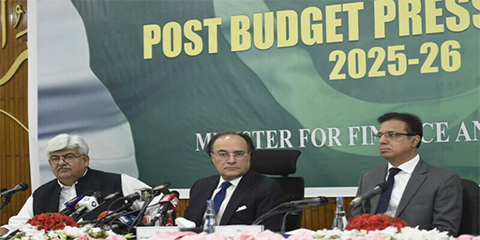
June 11, 2025: Journalists walked out of the post-budget press conference in Islamabad to protest the absence of a technical briefing and the government's dismissive behavior, calling it unacceptable and intolerable.
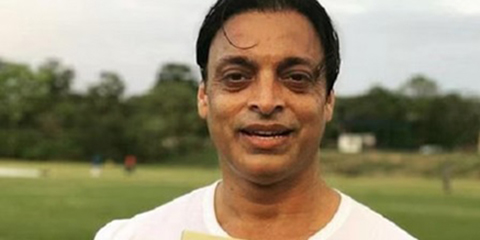
May 31, 2025: Dr. Nauman Niaz has issued a defamation notice to Shoaib Akhtar over derogatory remarks made during a recent broadcast, reigniting a longstanding media feud between the two prominent figures in Pakistan.

May 30, 2025: The Human Rights Commission of Pakistan has demanded the full repeal of PECA, citing its vague language, coercive powers, and threats to free speech and digital rights in Pakistan.
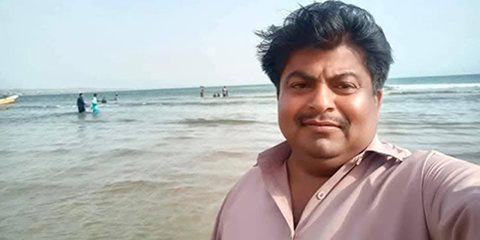
May 30, 2025: The Pakistan Federal Union of Journalists (PFUJ) has condemned the murder of journalist Syed Mohammed Shah in Jacobabad, calling for urgent justice and improved safety for media professionals in Sindh.

May 26, 2025: In Rawalpindi, police allegedly side with Jang Group to block 66 reinstated employees from resuming work despite court orders, drawing sharp criticism from unions and press freedom advocates.

May 25, 2025: PFUJ condemns the Jang Group's decision to dismiss over 80 employees in Rawalpindi, calling it an 'economic massacre.' The union warns of nationwide protests if workers are not reinstated.
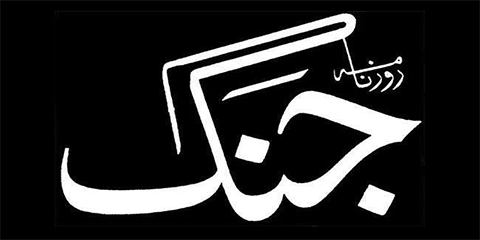
May 25, 2025: Daily Jang Rawalpindi has terminated over 80 employees, including female staff, despite multiple court rulings in their favor—raising concerns over labor rights violations and misuse of authority in Pakistani media.
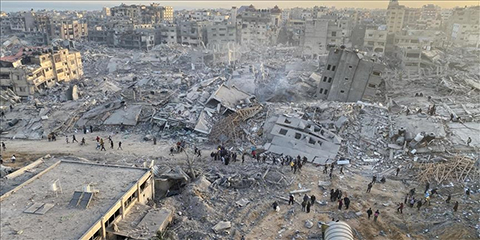
May 19, 2025 PJS reports 219 Palestinian journalists killed in Israeli attacks since October 7, with 30 women among the victims. Over 430 were injured and 685 family members were killed. Read more on the systematic targeting of media in Gaza.

May 15, 2025 Discover the legacy of Samiullah Khan, Pakistan’s legendary "Flying Horse," whose breathtaking speed and artistry redefined hockey. From Olympic glory to World Cup triumphs, his story is one of myth, movement, and magic.
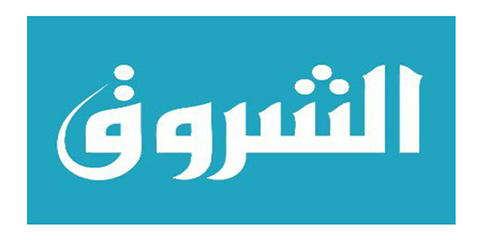
May 04, 2025 Algerian authorities suspend Echorouk News TV for 10 days after it used a racist slur against African migrants. ANIRA demands an apology, calling it a violation of human dignity.

May 04, 2025 NCHR and MMfD launch a journalism fellowship to train reporters on digital rights & gender inclusion in Pakistan. Supported by UNESCO, this initiative aims to bridge the gender digital divide. Apply by May 15, 2025!
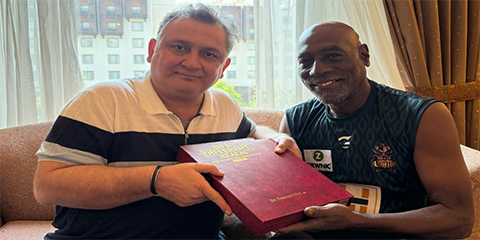
April 23, 2025 Discover Dr. Nauman Niaz’s In A Different Realm: Story of Quadruple & Triple Centuries 1876–2025, a profound exploration of cricket's most monumental innings, blending historical analysis with poetic narrative.